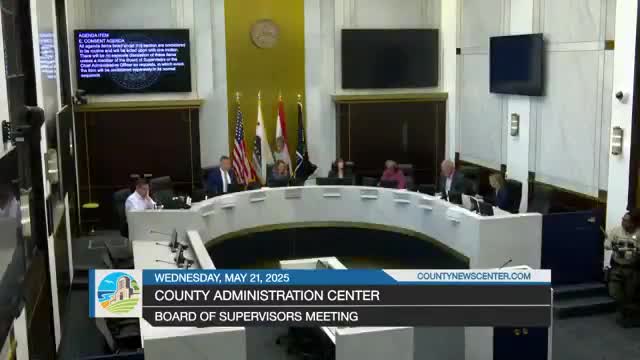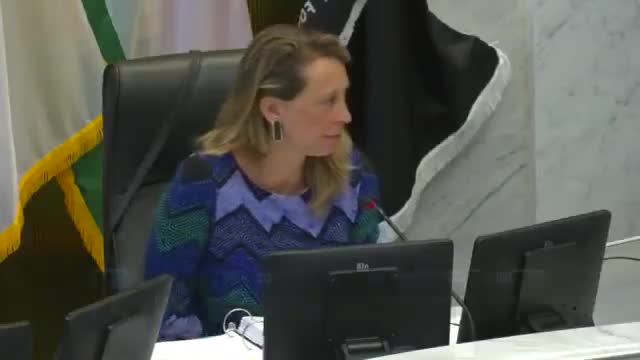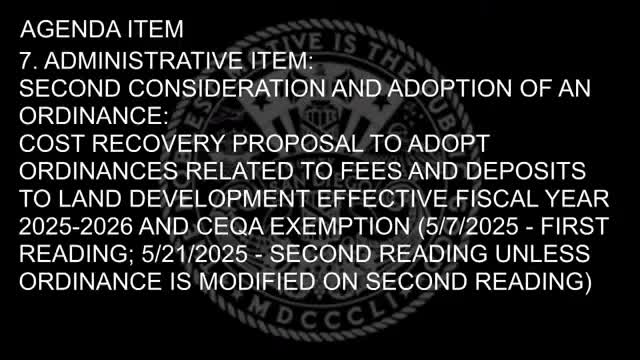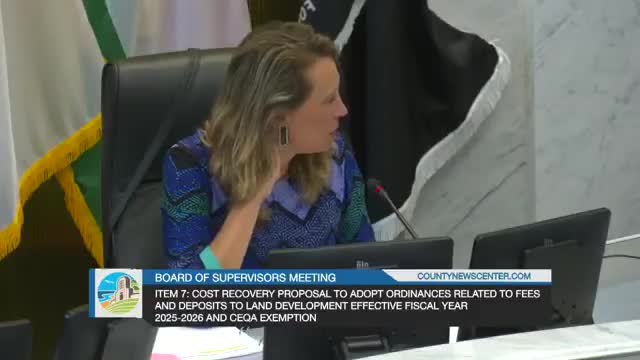Article not found
This article is no longer available. But don't worry—we've gathered other articles that discuss the same topic.

Board approves $2.4 million Tijuana River Valley habitat restoration amid public health concerns

Board directs staff to explore exemptions for sustainable cattle grazing on county and private lands

Board adopts Department of Environmental Health fee changes; septic program promises faster reviews

